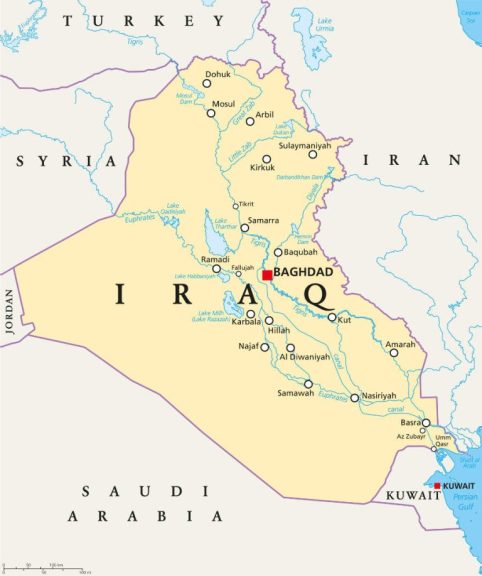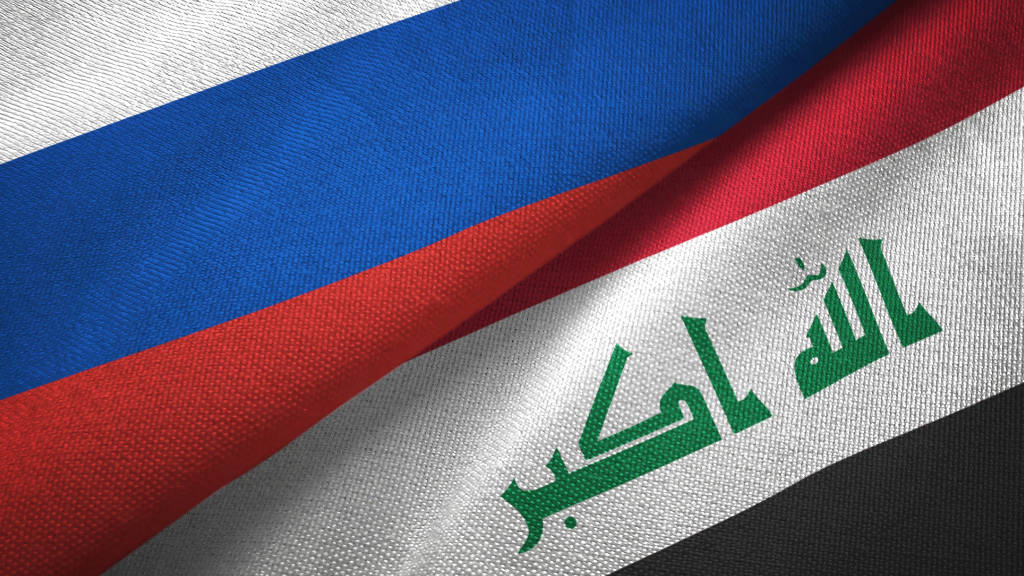Russia’s Foreign Minister, Sergey Lavrov, has met with Fuad Hussein, the Deputy Prime Minister and Foreign Minister of Iraq on the sidelines of the 80th session of the UN General Assembly in New York.
They discussed pressing matters of Russian-Iraqi relations, and reiterated their mutual commitment to deepening the political dialogue and expanding mutually beneficial cooperation in trade and the economy, as well as humanitarian and other areas. This included the participation of Iraqi Prime Minister Mohammed Al-Sudani at the first Russia-Arab Summit, due to be held in Moscow on October 15.
They also focused on the Gaza crisis, stressing the critical importance of immediately ceasing fire, releasing detainees, and providing humanitarian aid to everyone in need, as well as stepping up international efforts towards achieving a lasting and comprehensive settlement of the Palestinian-Israeli conflict on a universally recognised international legal basis.
When discussing the Syrian issue, both sides emphasised the importance of supporting the Syrian government in its efforts to overcome the transitional period challenges in the interests of durable stabilisation and post-conflict rebuilding in that country.

As concerns Iraq, there have been some positive developments in its developing connectivity with Russia and related trade partners during 2025. Baghdad has expressed interest in joining BRICS, and is to become part of the INSTC rail transport corridor with a link from Tehran.
In bilateral trade, this is currently at about US$500 million, with an emphasis on the energy sector. According to Lavrov, Russia has invested about US$19 billion into the Iraqi energy sector. Bilateral trade grew 27% in 2024 with a similar growth rate expected for 2025.

Russia’s Security Council Secretary, Sergey Shoigu, visited Baghdad earlier this month with discussions centring around security issues as well as the potential for Russia to develop nuclear power plants in the country. An agreement between Rosatom and the Iraqi Energy Minister was signed in Moscow this week. Moscow and Baghdad have also agreed to review and expand existing oil and gas contracts from 2025 to 2030, signalling an improved commitment to energy diplomacy and bilateral cooperation. Iraq has the world’s fifth largest oil reserves.
Non-energy trade is also growing, and the product range is now diversifying. Russia has shipped steel to Iraq for the first time in three years while new products such as animal feed are being exported.
Iraq has a population of about 46 million, and with the worst of its troubles behind it, has a growing and more affluent consumer market. GDP (PPP) per capita has risen by US$4,000 over the past four years and is now at US$14,550. The prognosis for developing Russia-Iraq trade across numerous sectors is positive.
Further Reading
Russia-Iraq 2025 Trade & Investment: Update

 Русский
Русский













